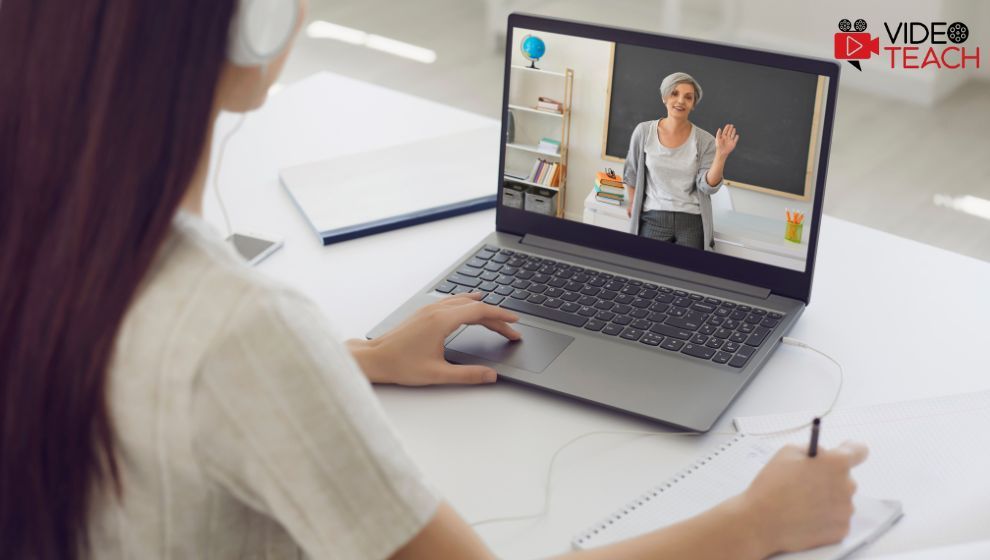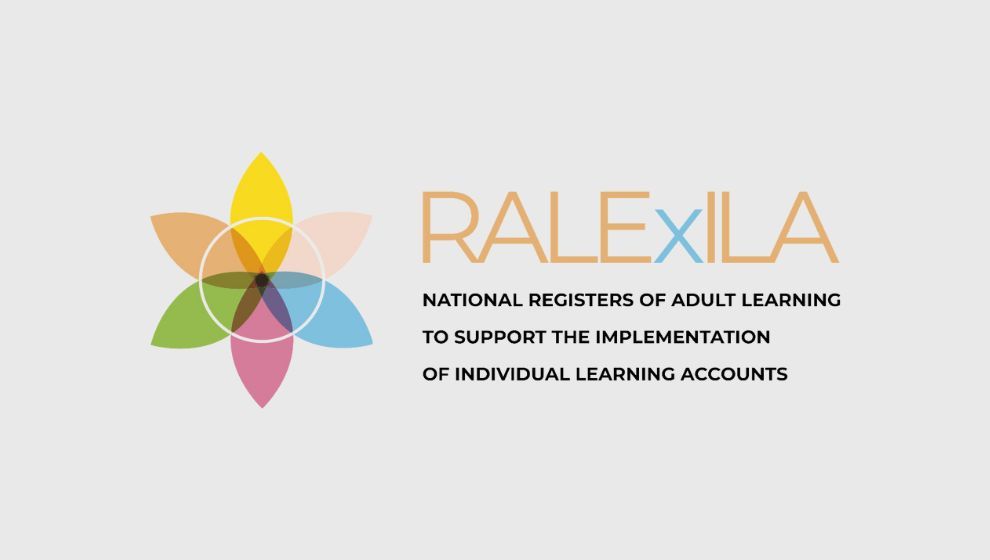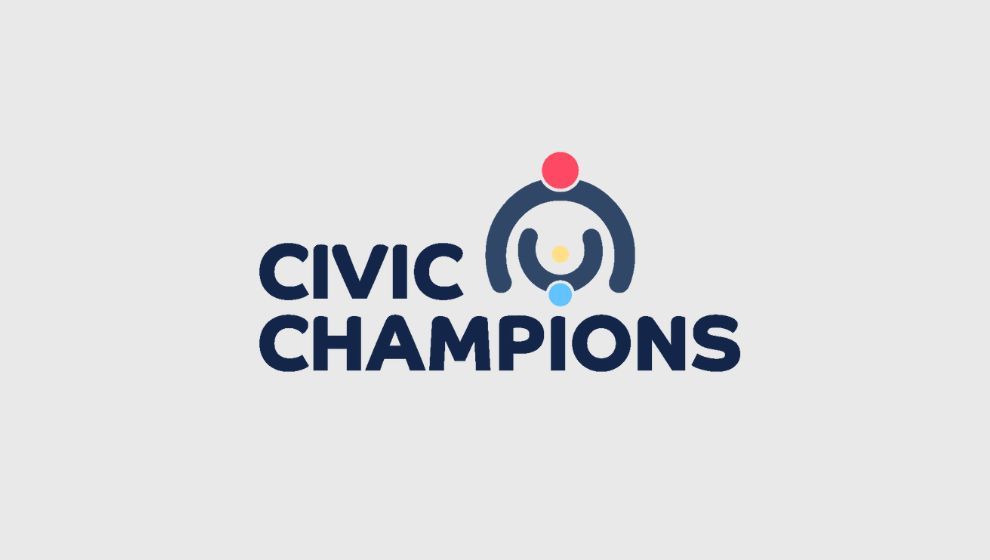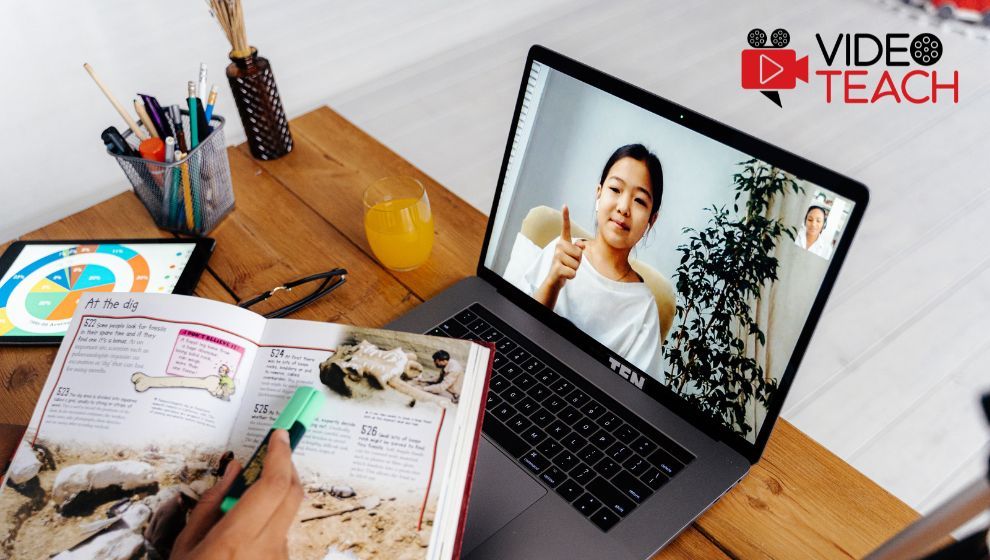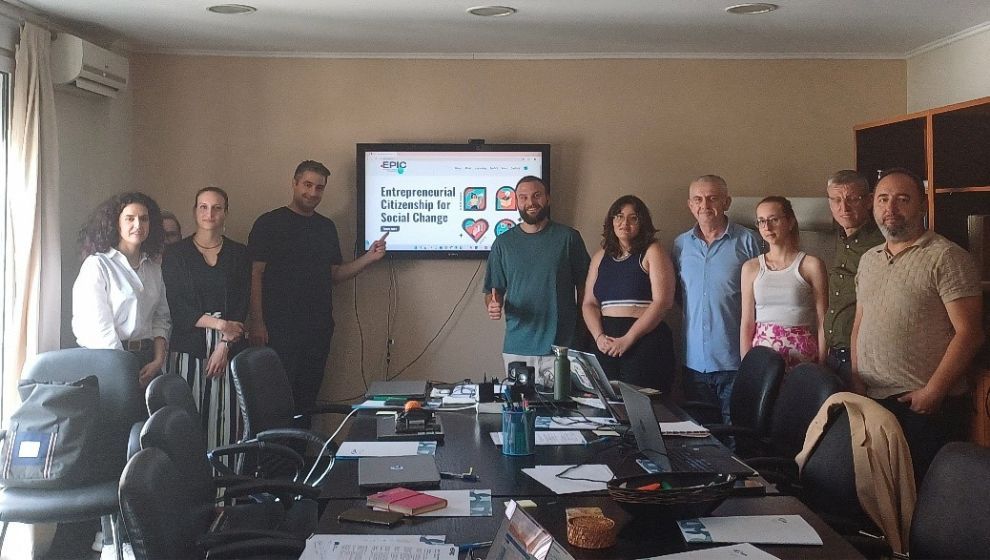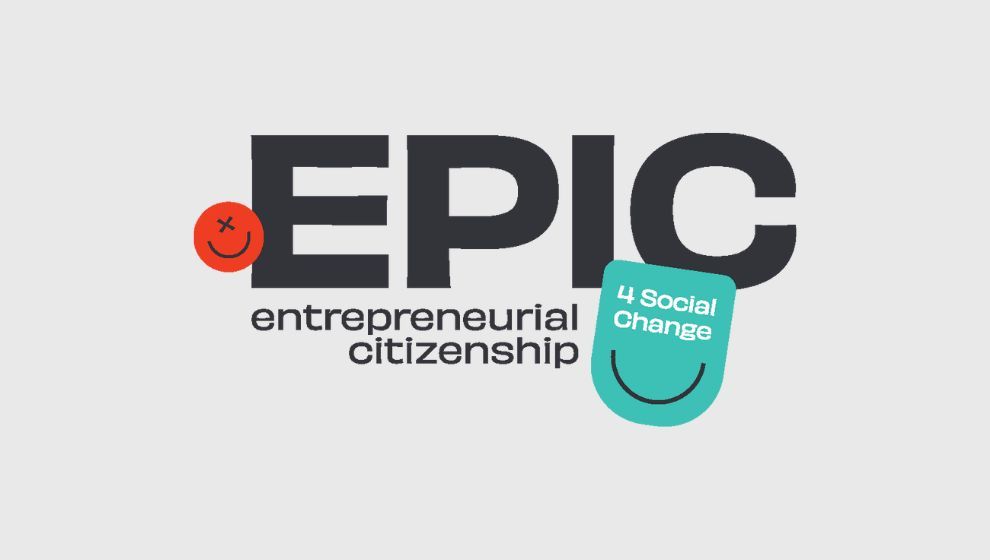The growing awareness of social and environmental issues of recent years, has fueled the demand for innovative and sustainable solutions to navigate through the increasingly complex realities and issues our societies and the world face. This shift is also reflected in the priorities of young people, who are increasingly interested in leading or participating in initiatives that positively impact society.
The Rise of Social Innovation and Green Entrepreneurship
Social innovation and green entrepreneurship are thus gaining prominence as effective responses to social and environmental challenges. At the same time, it becomes increasingly clear that the innovators of tomorrow, as well as all citizens, must be equipped not only with technical skills but also with a deep understanding of social and environmental responsibility.
Projects like INITIATION play a crucial role in this context, focusing on fostering these values in school education.
INITIATION: Fostering Green Social Innovation and Social Entrepreneurship in School Education
A joint initiative of leading education and research institutions from four EU countries – Cyprus, Greece, Italy and Estonia – INITIATION focused on fostering green social innovation and social entrepreneurship in secondary education. Through a structured and comprehensive plan, the partners developed structured and innovative resources and activities to cultivate a socially-driven entrepreneurial spirit among high school students, inspiring them to become agents of change in their local communities.
By merging green social innovation and social entrepreneurship, the project aimed to raise students’ awareness of environmental and social challenges and empower them to act creatively and ethically. It also sought to instill an impact-oriented mentality, encouraging students to think beyond personal gain and consider the broader implications of their actions.
Why Focus on Secondary Education?
Schools are the breeding ground for the leaders of tomorrow. They play a pivotal role in shaping the values, skills, and mindsets of young individuals. Integrating green social innovation and social entrepreneurship into school curriculums can have far-reaching benefits:
- Encouraging Critical Thinking and Problem-Solving Skills: Engaging students with real-world problems encourages them to think critically and develop practical solutions.
- Promoting Ethical and Responsible Behavior: Teaching students about sustainability and social responsibility helps to cultivate ethical leaders who prioritize the well-being of the planet and its inhabitants.
- Preparing Students for Future Careers: The demand for jobs in the green economy and social enterprise sectors is growing. Providing students with relevant knowledge and skills prepares them for successful careers in these fields.
- Fostering a Sense of Agency and Empowerment: Involvement in impactful projects helps students develop a sense of agency and empowerment, leading to increased engagement and motivation in their academic and personal lives.
The INITIATION Contribution
Building on these principles, the INITIATION project team developed a holistic approach taking firm steps to integrate these concepts into the educational systems of the participating countries. The cornerstone of the project was the development of a methodological framework that encompassed key components for integrating social entrepreneurship and green social innovation education into school curricula, fostering a hands-on learning experience.
This framework was complemented by tangible learning resources, specifically designed to enhance students’ knowledge and involvement in the field, as well as a Teachers’ Handbook to support educators in delivering transformative and practical learning experiences.
Testimonials and Impact
These tools and resources were successfully implemented in 4 schools across the participating countries, receiving highly positive feedback from the more than 100 students and teachers who participated in its actions and training workshops.
“This program helped me understand how social entrepreneurship can lead to positive change,” Giannis, a Greek student from Kalamata High School, remarked. “I never imagined my passion for sustainability could translate into a viable business plan.”
Educators also praised the project for its extensive resource library and experiential learning methodology. “Students can practically explore social entrepreneurship within the framework of the INITIATION curriculum,” said Nicholas Shiaxiate, a history teacher at The Junior Senior School in Nicosia, Cyprus. “Watching my students gain confidence in their ability to be socially conscious innovators has been immensely rewarding.”
Conclusion and the Future
The INITIATION project concludes its work on July 31st, having profoundly impacted educational institutions in the participating countries, planting the seeds for an innovative and environmentally conscious culture. The project’s work also represents a paradigm shift in education that, if emulated and expanded, can transform how students perceive and respond to social and environmental challenges in their communities.
To sustain and amplify this impact, it is crucial to invest in mainstreaming relevant educational programs, utilizing the resources developed, and learning from the project’s work. Cross-sector collaborations between educational institutions, policymakers, schools, and existing social entrepreneurs can build a strong ecosystem that fosters and accelerates the expansion of green social innovation from the ground up.
The conclusion of INITIATION marks not an end, but a beginning—a call to continue empowering the innovators of tomorrow.
Learn more about INITIATION and access its resources here

